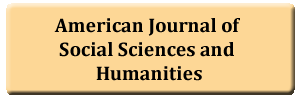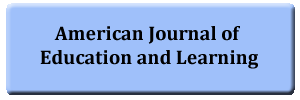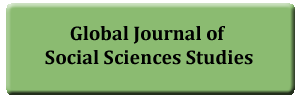Role of Parents in Internalizing Value Education in Children-Basic School Ages in Urban Borders
DOI:
https://doi.org/10.20448/815.23.101.109Keywords:
Value education, Elementary school children, Parents, Vulnerable communities.Abstract
The purpose of this study is to describe in depth about the role of parents in the cultivation of value education in primary school-age children from disadvantaged families, Pahandut Village, Palangka Raya City, Indonesia. The method used in this research is qualitative research, with a phenomenological approach. In this approach, the process of searching for meaning from an parent's actions in the value education process is deeply explored, so as to get new findings. The reality found is not immediately concluded but is first bracked in the form of a temporary finding, then validated by check, re-check, and cross-check through the process of data triangulation. Based on observations and in-depth interviews, it can be concluded that parents have a very big role in instilling value education in primary school-age children because parents have the most time in educating children. Parents as the party most responsible for the process of instilling value in children. Children as successors to parents, must have and be able to apply good values, which apply to their environment, and and distinguish between good and bad, right and wrong.



